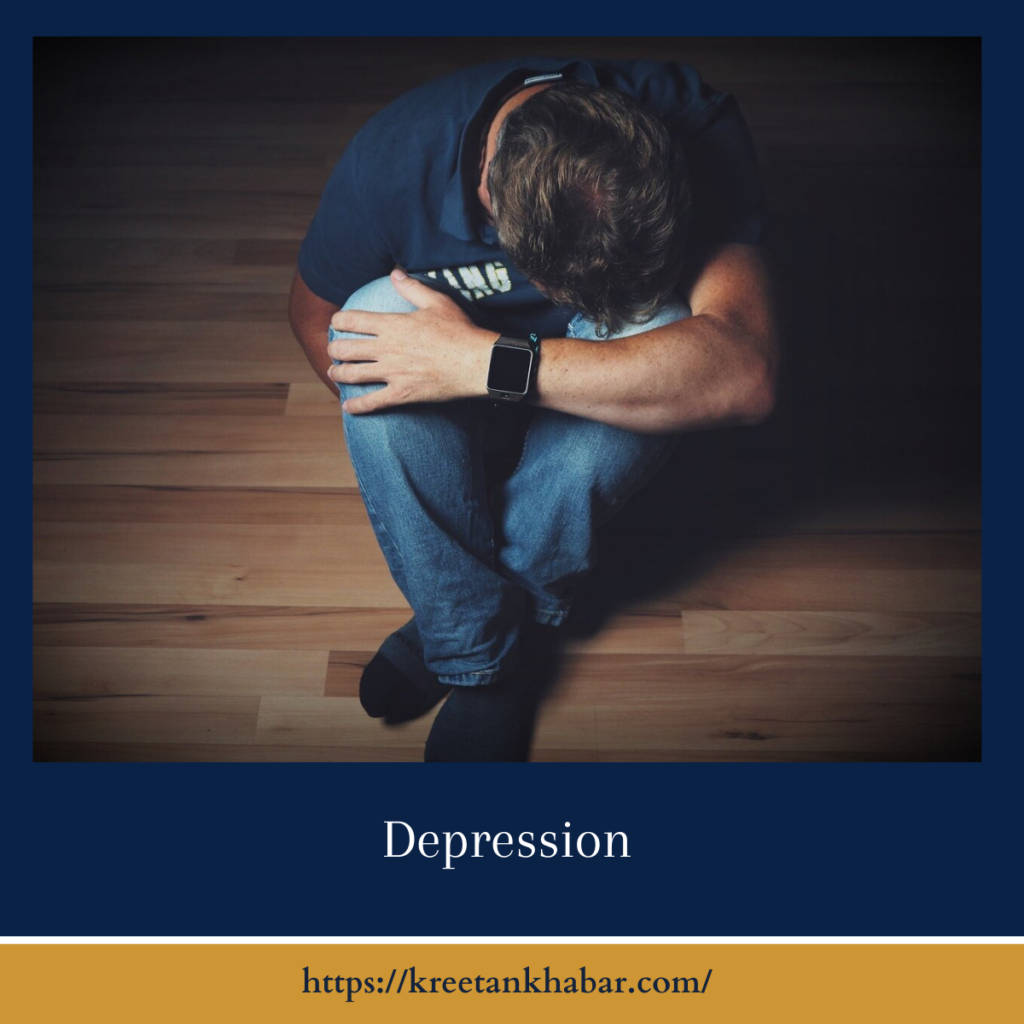Depression: Causes, Symptoms, and Treatment
Depression (also known as despondent) is a complex and often misunderstood mental health condition that affects millions of people worldwide. It can profoundly impact one’s daily life, relationships, and overall well-being. In this article, we will explore depression in detail, including its causes, symptoms, and various treatment options.

What is Depression?
Depression, also known as major depressive disorder (MDD) or clinical depression, is a mood disorder characterized by persistent feelings of sadness, hopelessness, and a lack of interest or pleasure in activities that were once enjoyed. It’s more than just feeling down or having a bad day; depression is a serious medical condition that can disrupt a person’s life in significant ways.
Causes of Depression:
Depression does not have a single, identifiable cause, but rather results from a complex interplay of various factors:
- Biological Factors: Imbalances in brain chemicals (neurotransmitters) like serotonin and norepinephrine can contribute to despondent.
- Genetic Predisposition: A family history of despondent can increase one’s vulnerability to the condition.
- Psychological Factors: Traumatic life events, chronic stress, or a history of abuse can increase the risk of despondent.
- Personality Traits: Certain personality traits, such as a tendency to ruminate or have low self-esteem, may make individuals more susceptible.
- Medical Conditions: Some chronic illnesses, medications, and hormonal changes (e.g., during pregnancy or menopause) can trigger or worsen despondent.
Common Symptoms of Depression:
Depression can manifest in various ways, and its symptoms may differ from person to person. Common symptoms include:
- Persistent Sadness: An overwhelming feeling of sadness or emptiness that lasts most of the day, nearly every day.
- Loss of Interest: A loss of interest or pleasure in previously enjoyable activities.
- Fatigue: Feeling consistently tired or lacking energy, even after restful sleep.
- Changes in Sleep Patterns: Experiencing insomnia (difficulty falling asleep or staying asleep) or hypersomnia (excessive sleep).
- Appetite and Weight Changes: Significant changes in appetite, leading to weight loss or gain.
- Difficulty Concentrating: Difficulty concentrating, making decisions, or completing tasks.
- Feelings of Worthlessness: Frequent feelings of guilt, worthlessness, or self-blame.
- Physical Symptoms: Physical ailments like headaches, stomachaches, or aches and pains that do not respond to treatment.
- Social Withdrawal: Withdrawing from social activities, friends, and family.
- Thoughts of Death: Recurrent thoughts of death or suicide, or suicide attempts.
Treatment Options for Depression:
despondent is highly treatable, and several effective treatment options are available:
- Psychotherapy (Talk Therapy):
- Cognitive-Behavioral Therapy (CBT), Interpersonal Therapy (IPT), and other forms of psychotherapy can help individuals identify and change negative thought patterns and behaviors.
- Medications:
- Antidepressant medications, such as selective serotonin reuptake inhibitors (SSRIs) and serotonin-norepinephrine reuptake inhibitors (SNRIs), can be prescribed by a psychiatrist or healthcare provider.
- Lifestyle Changes:
- Regular exercise, a balanced diet, and adequate sleep can have a positive impact on mood.
- Support Groups:
- Joining support groups or therapy groups with individuals facing similar challenges can provide emotional support and a sense of belonging.
- Mind-Body Therapies:
- Practices like yoga, meditation, and mindfulness can help manage stress and improve mood.
- Electroconvulsive Therapy (ECT):
- ECT may be considered for severe despondent that does not respond to other treatments. It involves controlled electric currents to induce controlled seizures in the brain.
- Transcranial Magnetic Stimulation (TMS):
- TMS is a non-invasive procedure that uses magnetic fields to stimulate nerve cells in the brain and is sometimes used for treatment-resistant despondent.
- Ketamine Treatment:
- Ketamine infusion therapy is a newer approach for severe or treatment-resistant despondent.
Conclusion:
Depression is a prevalent mental health condition that can affect anyone, regardless of age, gender, or background. It’s essential to recognize the signs and seek help when needed. With the right support, treatment, and coping strategies, many individuals with depression can achieve significant improvements in their mental health and overall quality of life. If you or someone you know is struggling with depression, reaching out to a mental health professional is a critical first step toward healing and recovery.
Read also : Exploring the Delightful Boost of the Green Tea Shot 2023